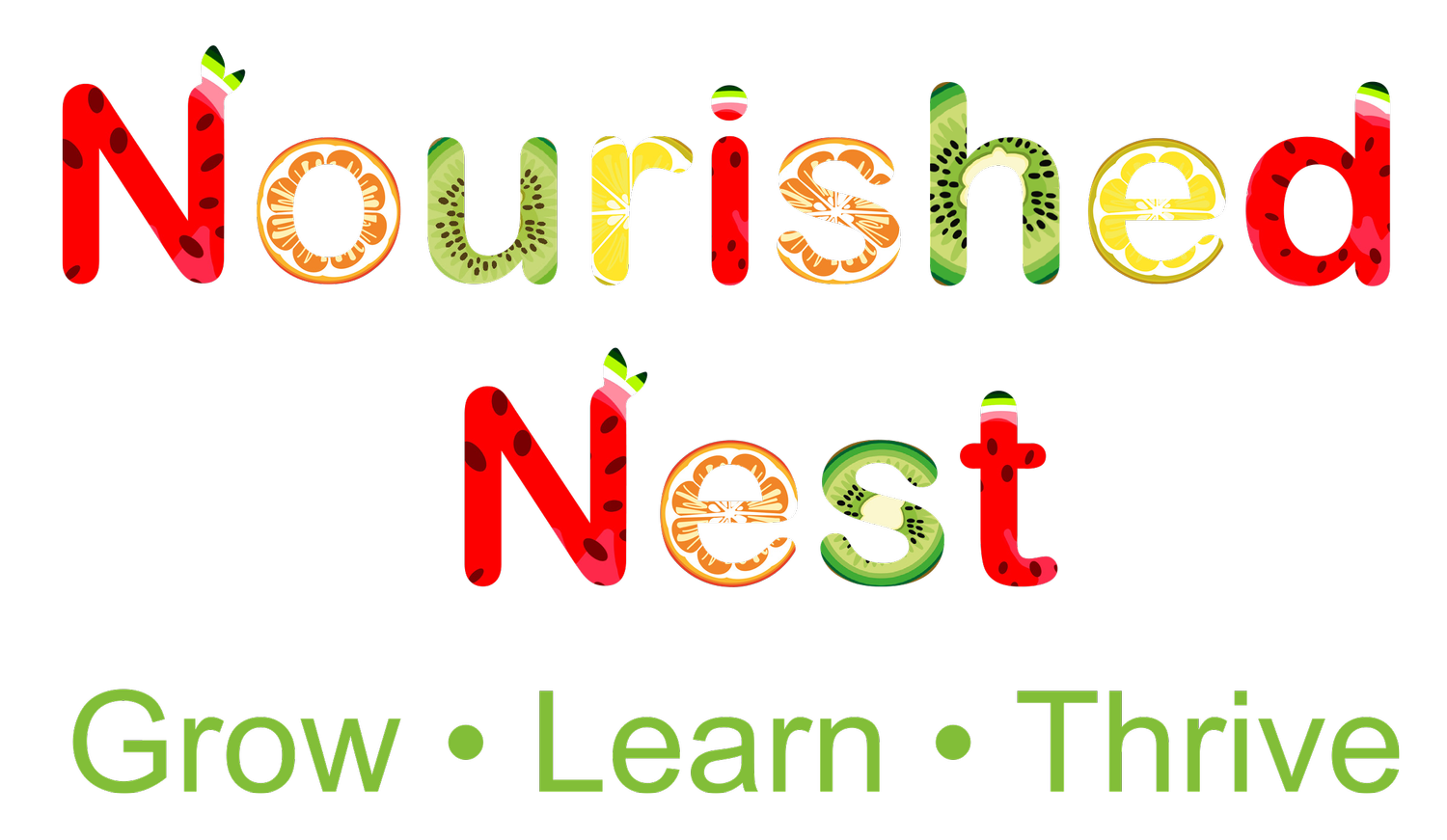Quinoa and Lentil Salad
Nourishing New Mums: How This Quinoa & Lentil Salad Supports Pregnancy and Postnatal Recovery
As a mum (or mum-to-be), you’re likely juggling more than ever before, and making sure you’re eating well often falls to the bottom of the list. That’s why I love meals like this quinoa and lentil salad: it’s simple, versatile, and packed with ingredients that naturally support your body during pregnancy and postnatal recovery.
I made this salad for our first BBQ of the season, using whatever I had in the fridge and cupboard. It turned out so delicious, and surprisingly nutrient-dense, that I had to share it with you.
Ingredients
128 g uncooked quinoa
450 g cooked brown lentils
2-3 tbsp olive oil
1 red bell pepper, diced
1 courgette, diced
100g cherry tomatoes, halved
2 Tbsp (18 g) mixed seeds
1 tbsp dried cranberries, or chopped apricots, raisins
100g feta
Chopped fresh coriander
Dressing
90ml apple cider vinegar
90ml olive oil
1 tbsp Dijon mustard
3 tbsp maple syrup or honey
Method
To cook the quinoa, follow the instructions on pack. Or buy ready cooked Quinoa!
To roast vegetables, heat oven to 200C/180C fan/gas 6, coat the chopped peppers and courgettes in olive oil and then roast for 15 min (you can roast any veggies you have in the fridge).
Start to build the salad, add the cooked quinoa and lentils, add the seeds, dried fruit, roasted vegetables, sprincle of the crumbles feta and herbs. Toss the salad.
Mix the dressing, shake well and drizzle over the salad.
Delicious served with your BBQ (make a big batch and store in the fridge for lunch.
Here’s why it’s more than just a tasty lunch:
Quinoa & Lentils: Protein, Fibre & Essential Nutrients
Both quinoa and lentils are excellent plant-based sources of protein, a crucial nutrient during pregnancy and recovery, supporting tissue growth and repair. They’re also high in fibre, which can help manage the constipation many women experience during pregnancy or after birth.
These ingredients are rich in:
Iron – helps prevent anaemia and supports energy levels
Magnesium – supports muscle function and mood regulation
Folate – vital for baby’s neural development and red blood cell production
Roasted Colourful Veggies: “Eat the Rainbow”
Roasting whatever vegetables you have, think sweet potato, courgette, or beetroot, not only adds depth of flavour but also packs in a variety of antioxidants, vitamins (like C and A), and minerals. Colourful vegetables are known to support immune function and overall wellbeing.
Healthy Fats & Brain-Boosters: Walnuts + Seeds
Walnuts are a great source of omega-3 fatty acids, which support baby’s brain development during pregnancy and continue to support maternal mental health postnatally. Seeds (like pumpkin or sunflower) also add a nutritional punch with zinc, magnesium, and healthy fats.
Dried Fruit & Cranberries: Natural Sweetness + Iron Boost
Adding a handful of dried cranberries or apricots not only brings a pop of sweetness but also contributes to your iron and calcium intake — both essential for replenishing post-birth stores, especially if you’re breastfeeding.
Feta & Fresh Herbs: Flavour & Bone Support
Feta adds a creamy, tangy touch and provides calcium for bone health. Fresh herbs like parsley or mint are rich in vitamin K, and also support digestion.
Homemade Dressing: Balanced and Anti-Inflammatory
A simple dressing made with olive oil (healthy fats), apple cider vinegar (supports digestion), mustard, and honey adds flavour without the need for processed sauces. It’s nourishing and easy.
Time-Saving for Busy Mums
Not every meal needs to be cooked from scratch. This salad is a great example of how you can:
Use ready-cooked lentils and quinoa
Pre-prepared, chopped veggies in bulk and store them for the week
Mix-and-match with what you have on hand
Batch cooking this kind of meal means you’ve got quick, grab-and-go options that don’t compromise your recovery or energy levels.
In Summary: Small Ingredients, Big Benefits
This salad isn’t just a plate of food, it’s a powerhouse of nutrients that support:
Hormone balance
Gut health
Energy levels
Breastfeeding demands
Tissue repair and recovery
Whether you’re pregnant, newly postpartum, or just looking for a nourishing meal that works with your lifestyle — this salad has your back.

